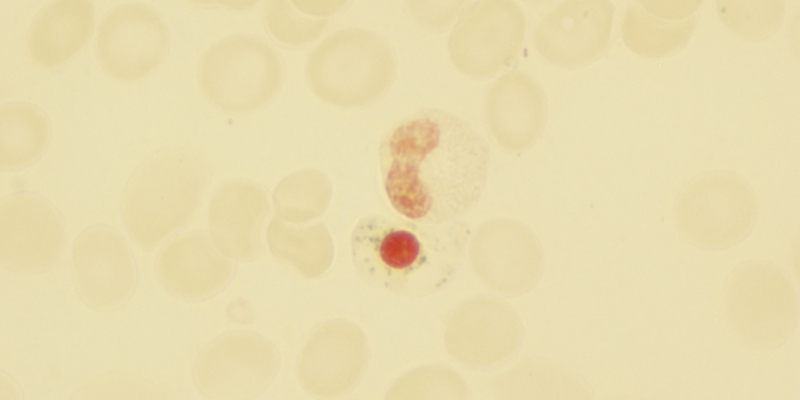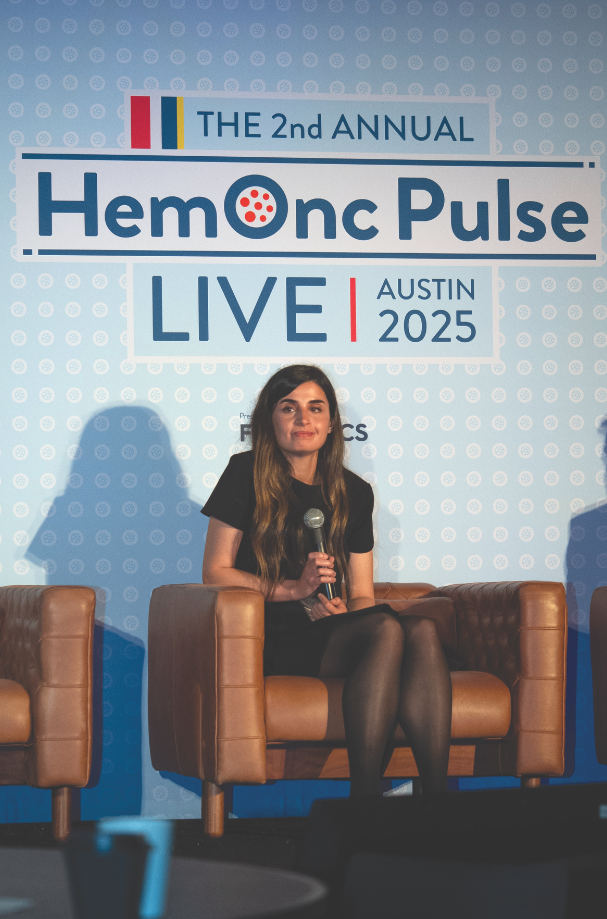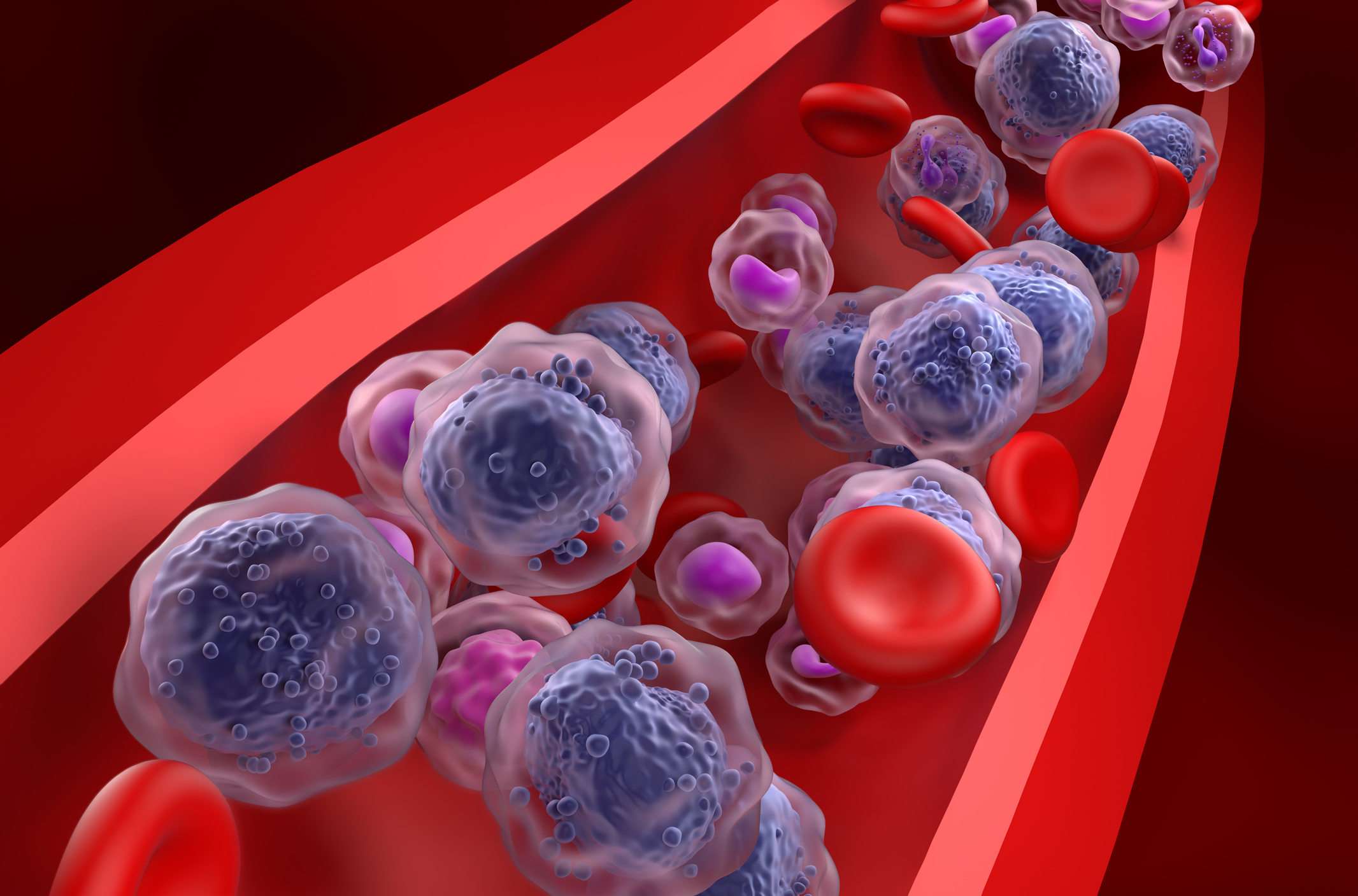
Proposed updates to the International Working Group (IWG) criteria on myelodysplastic syndromes (MDS) could lead to “better correlation between patient-centered outcomes and clinical trial results,” according to the recent consensus proposal for revised IWG response criteria for higher-risk MDS.
Amer M. Zeidan, MBBS, MHS, of Yale University, and colleagues published the 2023 IWG consensus proposal in Blood, noting the initial response criteria developed by the IWG in 2000 have been applied to clinical practice, clinical trials, regulatory reviews, and drug labeling.
“While the IWG criteria were revised in 2006 and 2018 (the latter focusing on lower-risk disease), limitations persist in their application to higher-risk MDS and in their ability to fully capture clinical benefits of novel investigational drugs or to serve as valid surrogates for longer-term clinical endpoints (eg, overall survival),” Dr. Zeidan and colleagues wrote. “Further, issues related to ambiguity and practicality of some criteria lead to variability in interpretation and inter-observer inconsistency in reporting results from the same sets of data.”
To address these issues, they convened an international panel of 36 people who were considered experts in the field of MDS. The panel used an established modified Delphi process to develop consensus recommendations for updated MDS response criteria that would be “more reflective of patient-centered and clinically relevant outcomes in higher-risk MDS,” Dr. Zeidan and colleagues wrote.
One of the proposed changes to the response criteria for MDS is in the hemoglobin threshold for complete remission (CR). The panel proposed changing the cut-off value from ≥11 g/dL to ≥10 g/dL. This threshold is “highly likely” to be associated with red blood cell (RBC) transfusion independence in patients who were previously dependent upon RBC transfusions, Dr. Zeidan and colleagues wrote. The thresholds for platelets and neutrophils remain unchanged. The panel also proposed changing the bone marrow blast cut-off value for CR to <5% myeloblasts.
Other proposed changes to the response criteria for MDS include:
- The introduction of CR with limited count recovery and CR with partial hematologic recovery as provisional response criteria
- Eliminating marrow CR and stable disease as response criteria
- Defining overall response rate and no response
- Including not evaluable as a response
- Updates to criteria for partial remission, hematological improvement, cytogenetic response, progressive disease, and disease relapse
The panel also made “specific recommendations for standardization of time-to-event endpoints and the derivation and reporting of responses,” suggesting overall survival (OS) should remain the primary endpoint for phase III clinical trials in MDS.
“[Event-free survival] and [progression-free survival] can potentially serve as surrogate outcomes for OS but require additional prospective validation,” they wrote. “In general, time-to-event based outcomes should be defined for all patients of a trial and measured from the date of study entry (or randomization) to the date of the event.”
They also recommended including patient-reported outcomes as endpoints in phase II and III trials and proposed specific practical recommendations related to the proposed revisions to “ensure reliable reporting of outcomes across trials and enhance inter-observer consistency of reporting results.”
The “significant modifications” proposed to the IWG 2006 response criteria for MDS aim to “better capture clinically relevant outcomes, reduce discrepancies with AML response criteria, and improve applicability to novel therapies,” Dr. Zeidan and colleagues wrote.
They noted future research should “focus on the standardization and validation of [minimal residual disease] assessment, molecular and less-than-CR responses as well as other surrogate endpoints that predict OS and the evaluation of response criteria across treatment settings.”
“We hope that these updated criteria will lead to a better correlation between patient-centered outcomes and clinical trial results in an era of multiple emerging new agents,” Dr. Zeidan and colleagues concluded.
Reference
Zeidan AM, Platzbecker U, Bewersdorf JP, et al. Consensus proposal for revised International Working Group response criteria for higher risk myelodysplastic syndromes. Blood. 2023. doi:10.1182/blood.2022018604






 © 2025 Mashup Media, LLC, a Formedics Property. All Rights Reserved.
© 2025 Mashup Media, LLC, a Formedics Property. All Rights Reserved.